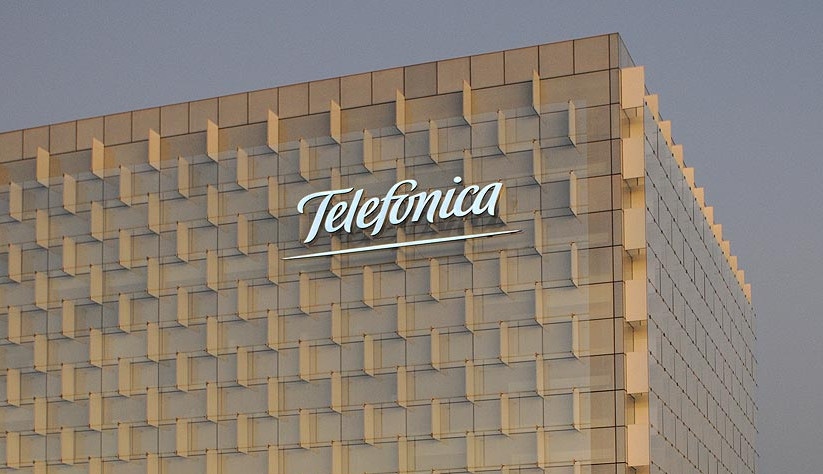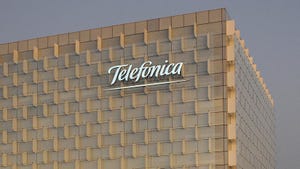Telefónica's first quarter results were all about flat earnings, cash generation and debt-reduction, which is as good a performance as the Spanish telco could have hoped for.
May 14, 2021

Telefónica’s first quarter results were all about flat earnings, cash generation and debt-reduction, which is as good a performance as the Spanish telco could have hoped for.
Indeed, the operator declared that its Q1 figures put it on track to meet its targets for the full year, which essentially cover a stabilisation of revenues and earnings and a return to a normalised level of capex-to-revenues of 15%.
Telefónica generated operating income before depreciation and amortisation (OIBDA) – its core earnings metric – of €3.42 billion, a decline of 9.1% on a reported basis, but down just 0.3% organically, while revenues slid 9%, but 1.3% organically to €10.3 billion. Both figures were a sequential improvement for the third consecutive quarter and a smaller decline on a year-on-year basis than previously, Telefónica said.
The operator was particularly proud of its ability to generate cash in Q1, but quickly admitted that most of it is already earmarked for spending on spectrum. Excluding spectrum already paid-for, Telefónica generated €727 million in free cash flow in Q1, an increase of 200% on the same quarter last year. However, €694 million of the sum will go towards paying for spectrum in four major markets – UK, Chile, Spain and Germany – leaving the telco with €33 million in cash in Q1, down 85% on last year.
Speaking of the UK, Telefónica talked up the 3.6 GHz and 700 MHz frequencies it won at the recent auction, noting that it had secured the spectrum “at a significantly lower than benchmark price.” That clearly had an impact on its FCF. Separately, it said it is “advancing towards completion of O2’s JV with Virgin Media in the UK,” having secured preliminary approval from the Competition and Markets Authority (CMA) but did not provide further colour on that.
“Work continues with the preparation for the joint venture between T. UK and Virgin Media…and we continue to work constructively with the CMA to achieve a positive outcome,” it said.
However, Telefónica said it expects to book more than €9 billion in net debt reduction and €6 billion in capital gains in the current quarter as a result of the UK JV and the Telxius Towers deal, which suggests it expects to complete both imminently. That level of debt reduction will put the telco’s debt at half of what it was five years ago, it said. At the end of March net financial debt stood at €35.8 billion, down 6.4% year-on-year.
“We have made a strong start to 2021 despite the tough comparative of a Q1 last year that was virtually unaffected by Covid-19,” said Telefónica chief executive José María Álvarez-Pallete in the company’s Q1 report. “We extended the momentum of sequential improvement in revenues and OIBDA to three consecutive quarters and returned all these main metrics to year-on-year organic growth in March.”
That last point is not strictly true, but declines of less than or around the 1% mark are to be celebrated in this climate. The market clearly thinks so too, with Telefónica shares seeing a little spike on publication of the numbers.
About the Author(s)
You May Also Like







.png?width=300&auto=webp&quality=80&disable=upscale)

.png?width=300&auto=webp&quality=80&disable=upscale)
_1.jpg?width=300&auto=webp&quality=80&disable=upscale)



.png?width=800&auto=webp&quality=80&disable=upscale)